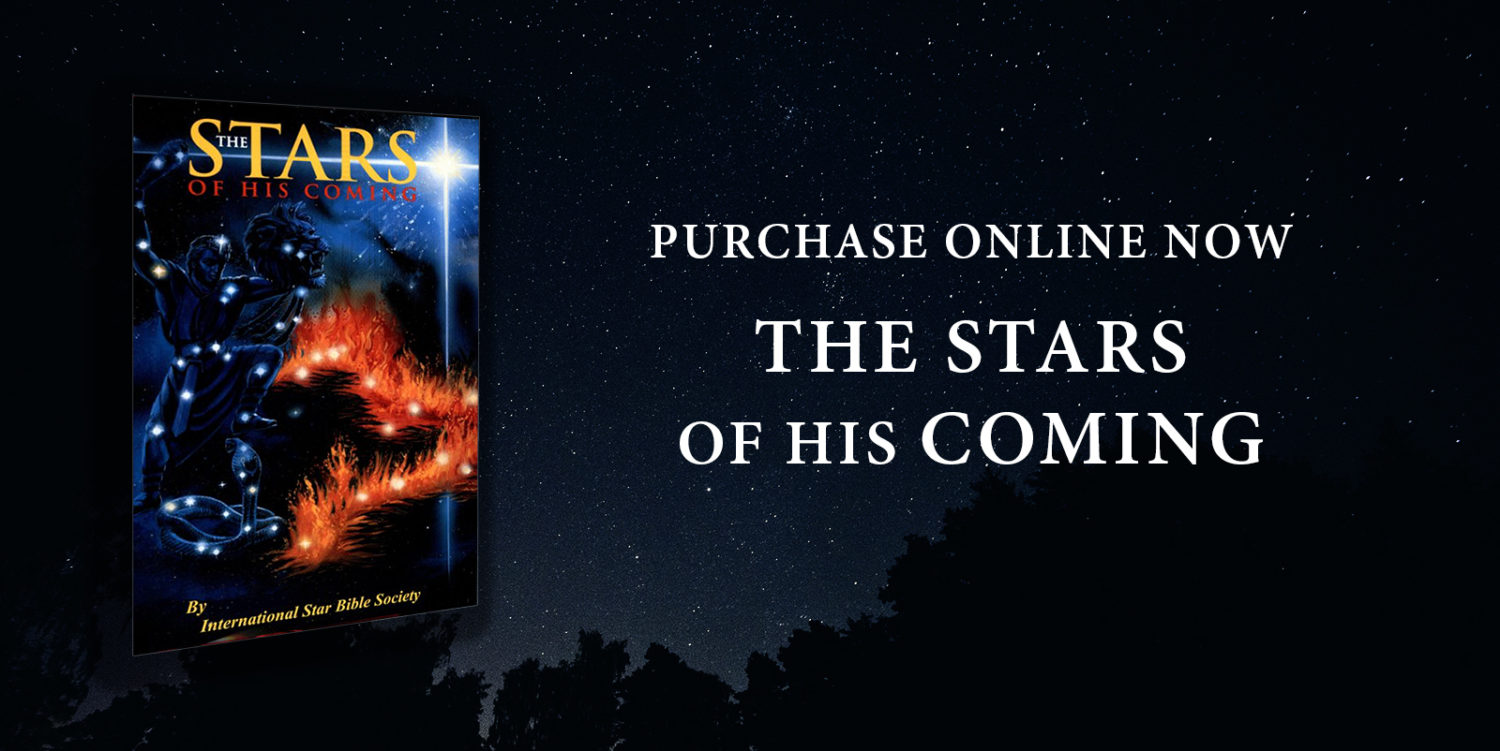On August 11 the sun will enter the Zodiacal constellation Leo (The Lion). August 11 is also the first day of the 40 day Jewish season of repentance , and a good time to reflect on God’s judgment pictured in Leo.
Leo is the twelfth and final chapter of the Star Bible. The first three chapters, Virgo (The Virgin), Libra (The Scales), and Scorpio (The Scorpion) picture God’s promise to send the “Seed of Woman” into a rebellious world, and correspond roughly with the Old Testament. The next four chapters, Sagittarius (The Archer), Capricorn (The Goat), Aquarius (The Water Pourer), and Pisces (The Fish), tell of Christ’s advent, His death, His resurrection, the coming of the Holy Spirit, and the Church, and correspond roughly to the New Testament. The next three chapters, Aries (The Ram), Taurus (The Bull), and Gemini (The United) speak of the return of Christ and His rule on Earth, similar to the book of Revelation.
Thus, the first ten chapters of the Star Bible deal with the promise of Christ’s coming, His first coming, and His second coming, more or less running from Genesis to Revelation. The last two chapters of the Star Bible are somewhat different, representing the two different futures which are described in the Scriptures. The eleventh chapter, Cancer (The Holding Place), pictures the home of God’s people, commonly called Heaven. This is the future for those who follow God’s plan of redemption.
The twelfth chapter, Leo (The Lion), shows a very different future for those who reject God’s offer of Salvation. Christ will restore perfection to the universe, and drive away evil from the good. Leo pictures a lion, representing Christ, which is tearing a serpent representing Satan (the constellation Hydra) into pieces. Two other constellations complete the picture of judgment, Corvus (The Raven) eating the flesh of the snake and Crater (The Cup) as the cup of God’s wrath poured out on the snake. This is a picture of God’s judgment, commonly known as Hell.
As seems fitting for a picture of Hell, Leo and its associated constellations will be hidden in the fire of the Sun, and thus cannot be observed this evening. However, on the night of the 12th, as Leo enters the Sun, and also on the next night, there will be a very active meteor shower known as the Perseid meteor shower. The shower is named after the constellation from which it comes, Perseus (The Breaker), which is a picture of Christ’s triumph over evil. A very fitting way to emphasize the arrival of Leo in the Sun.
This year the meteors can be viewed all night, but will be best viewed when Perseus is high in the sky after midnight. Think of them as a celestial fireworks show celebrating the victory of Christ.

